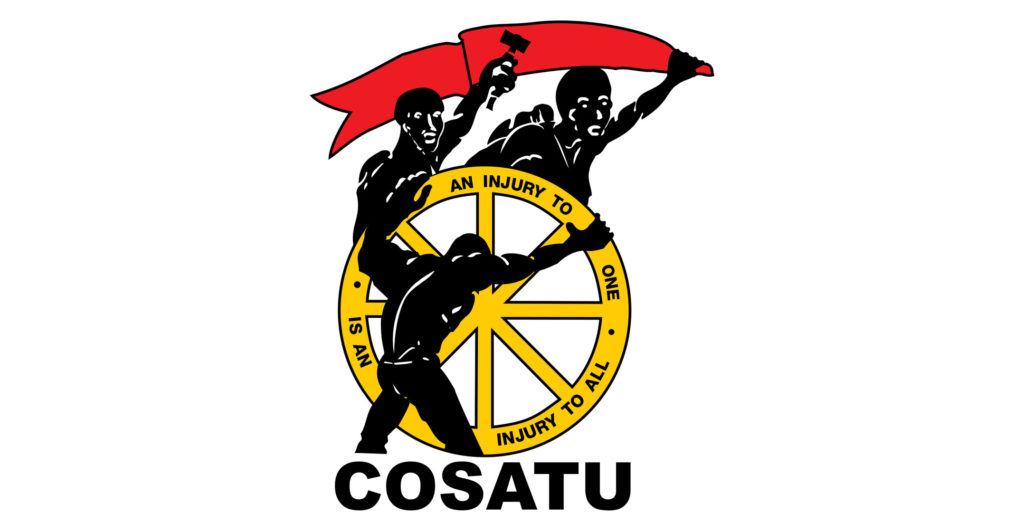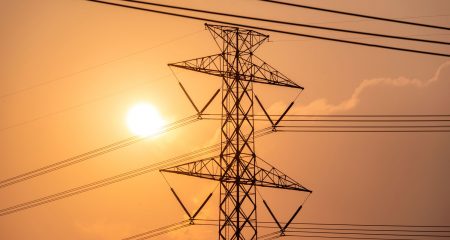 South Africa’s largest labour federation, Cosatu, will present its proposal to rescue state power company Eskom to senior members of government and the business community on Monday.
South Africa’s largest labour federation, Cosatu, will present its proposal to rescue state power company Eskom to senior members of government and the business community on Monday.
The union group, an ally of the ANC, wants the government-owned pension fund, the Public Investment Corp, and state lenders, the Industrial Development Corp and the Development Bank of Southern Africa, to take over R254-billion of the company’s debt, Matthew Parks, Cosatu’s parliamentary co-coordinator, said in an interview on Friday.
“We are ready for a fight,” Parks said, adding that the federation is aware there will be opposition to the plan. The alternative is that Eskom will collapse, causing economic pain and job losses, he said. The meeting on Monday will be with the so-called President’s Working Council, which includes government, business and labour leaders.
The plan would leave the embattled power company that provides 95% of the country’s electricity with R200-billion of debt, an amount it has previously said it could manage. Eskom is failing to cover its running costs and inadequate maintenance is leading to frequent plant breakdowns and rolling power outages. Those are stalling economic growth.
Cosatu represents 800 000 government workers, about four times its closest rival, and the PIC mainly manages the pension funds of civil servants. The PIC, which has more than R2-trillion under management, also manages unemployment and worker-compensation funds.
Under the agreement, the PIC would provide the bulk of the debt relief, due to its size, and the government could also make a contribution depending on its finances, Parks said. The debt relief would include assuming about R104-billion of Eskom debt already held by the PIC, he said.
Equity
The lenders might get Eskom equity in exchange for the debt, he said, but details are still to be worked out. Senior ANC and government officials have received the proposals favourably, Parks said.
The alternative, he said, was higher electricity tariffs and taxes. Tariffs have already risen 400% in recent years and there is little room to increase taxes, Parks said.
Another option that could be considered in coming years is the use of prescribed assets, or private pensions, to fund state infrastructure, he said. — Reported by Antony Sguazzin, with assistance from Paul Burkhardt, (c) 2020 Bloomberg LP




